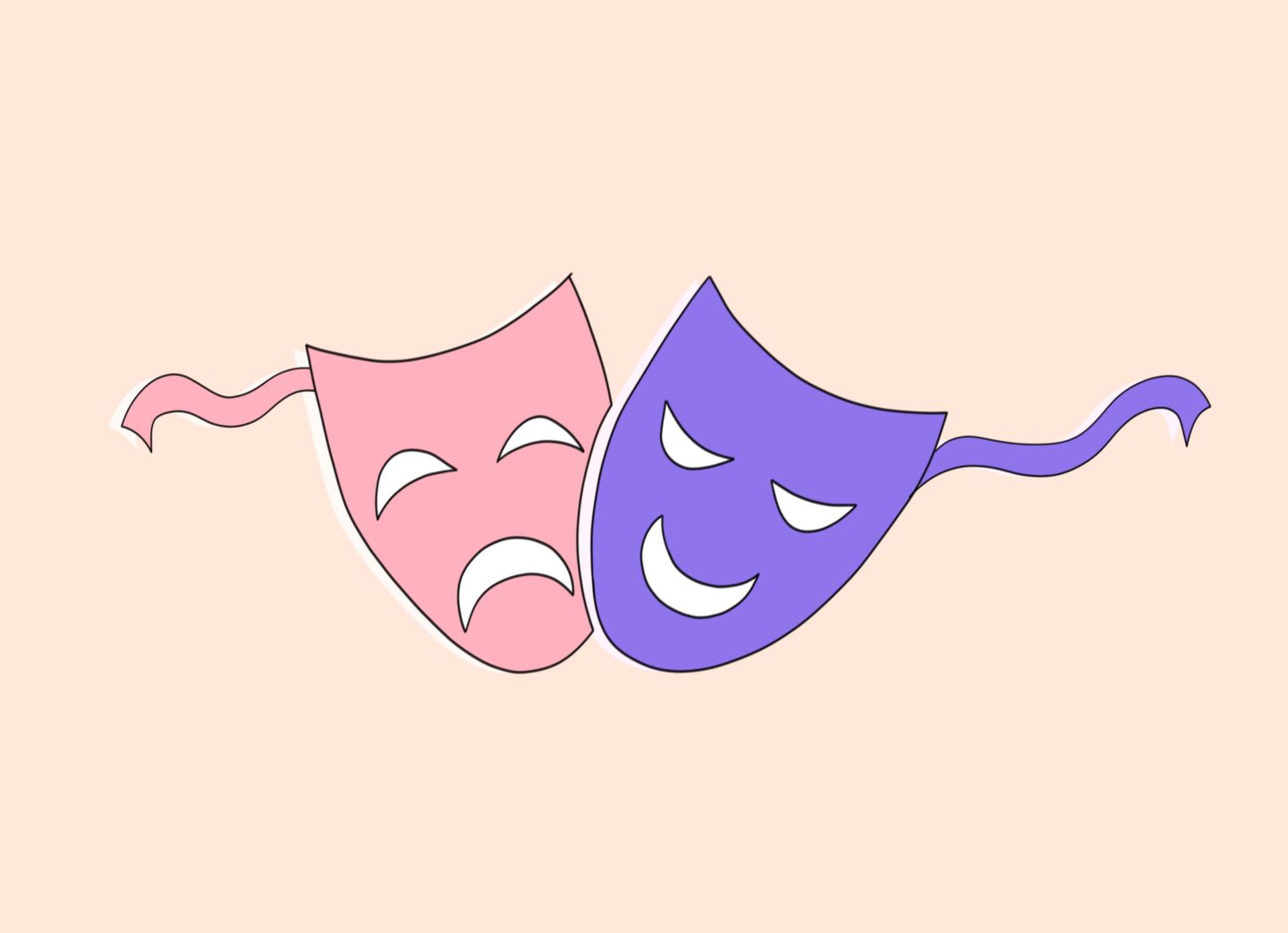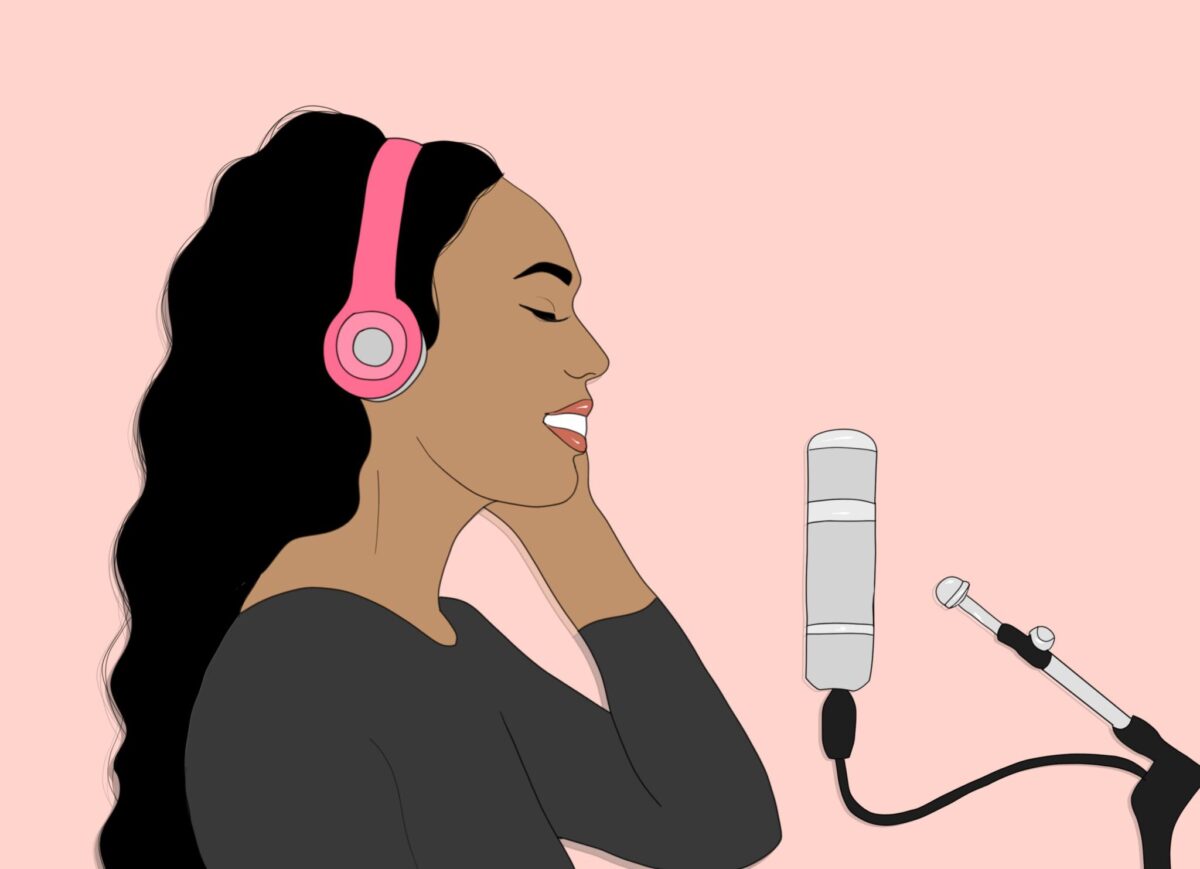The Covid-19 lockdown has had disastrous effects on employment. To make matters worse, we have entered another recession. But the future of the arts and entertainment industry is perhaps the bleakest and most uncertain. A significant part of this industry is being able to interact with creative work by visiting art galleries, museums and theatres. But with the dates for reopening these industries being pushed back repeatedly, the question is not ‘what will be the new normal for the arts’, but rather, ‘will they survive at all’?
Before the lockdown, regular funding cuts to the arts industry was already the norm. But the rate at which central arts industries in England are letting go of staff is alarming. In August, the Tate let go of 300 staff from their galleries and the Southbank 400. This unprecedented number of redundancies demonstrates the growing instability in arts employment. Those who work in the arts are underpaid as it is and this scenario appears to mark a regression in the appreciation the public will have for the arts, as well as creating a barrier to easy access to the arts for future generations.
The lack of support for the arts and entertainment industries is getting worse
The arts and entertainment industry is undervalued. This is a factor in the lack of support the government has given to keep these industries alive. There is a false belief prevalent in society that artists are born, not made. That artists are born capable and skilled without practice. This lends itself to the hypocritical modern view of art: we love art, but we don’t value arts education. For most artists, it begins as a hobby which develops into a passion. But this passion will never be their primary source of income. And when an artist reaches the heights of success in their field, they are still underappreciated and undervalued.
In August, The Daily Mail reported that singer Lily Allen was entitled for considering how much more successful her hit song ‘Smile’ would have been if Spotify had existed when it was released. There is a taboo in the art world which questions the value or purpose of art. Suggesting some artists are paid too much for artwork that has no intrinsic value. Budding artists are expected to work for ‘exposure’ instead of money more often than not. Making them unable to find the funds to put into their passion.
Why does art matter right now?

Most artists start their careers through self-funding. But the money the government and council funnel into arts education in schools is essential. It helps young artists learn valuable trades and find the medium they want to work with. Grants and scholarships also help give talented people that push they need to propel them into stardom. Without this funding, young working-class people will not see these opportunities. Artists have seen their opportunities dashed this year over and over again. Major art awards and grants have not been awarded this year due to interruptions caused by the lockdown.
There is no certainty for the reopening of galleries and museums anytime soon. Artists who were expecting to do their first exhibition early this year have had the opportunity taken from them. Galleries form an important experience for budding artists to have their work viewed by an audience for the first time. Some are even lucky enough to have their work purchased by collectors and sought out by other galleries. Without the rotation of exhibitions in galleries like the Tate and V&A back on offer, artist’s voices will continue to go unheard.
Many forget the artistic craft that goes into cinema and theatre. Cinemas particularly have seen fierce competition for years as streaming services like Netflix contribute to their decline. Indefinite closures might create the official end to the theatre/ cinema experience.
Art in the time of hardship
There is a hopeful idea that the absence of movie releases since the lockdown started will make the heart of the public grow fonder. That this desire will create a boom in trips to cinemas when they reopen. But the evidence behind this hope remains to be seen.
There are ways people can contribute to the arts and entertainment industry without having to leave their homes. There has been a sudden boom in the popularity of online magazines in recent months. Many of which are by teens and twenty-somethings dedicating their free time to the creation of literary and art journals, free of charge and accepting work from around the world.
The importance of art has not diminished with the lockdown. It is hard to find a road in the UK without at least one child’s drawing of an NHS rainbow in a window. The symbol gives thanks to the vital work carried out by essential workers during this pandemic.
How the arts and entertainment industry might be saved
People have petitioned major corporations in order to save artists’ livelihoods. The internet has never been more important in our history than now. The internet has allowed quarantined creators to stay connected when face-to-face meetings have become impossible for most. What will the future of the industry look like? The limit of personal contact imposed by the lockdown has managed to push people towards further creativity. Like myself, many artists are making online portfolios and networking on sites like Instagram, DeviantArt and Tumblr. They continue to work in the face of uncertainty and make exciting plans for their futures.
This has been a hard time for everyone. But there are ways to help the arts and entertainment industries around you. You can make plans to safely visit your local theatre and cinema when they reopen. Book a visit to a gallery or museum – many of which are free. Purchase commission artwork or prints from artists. And shop locally in your neighbourhood to keep the high-streets alive. In the words of Toni Morrison, “this is precisely the time when artists go to work…This is how civilizations heal.” Written in 2004, these words ring no less true.
“I know the world is bruised and bleeding and though it is important not to ignore its pain, it is also critical to refuse to succumb to its malevolence. Like failure, chaos contains information we can lead to knowledge – even wisdom. Like art.” Art has the power to teach, heal. Art is powerful.
Artists must never choose to be silent, especially in times of hardship. It is the time when we should be the loudest. To work through tough situations and show future generations expressive and pragmatic ways of social healing.
Find more lifestyle articles here >
Written by Chanté Young
Illustrated by Francesca Mariama

